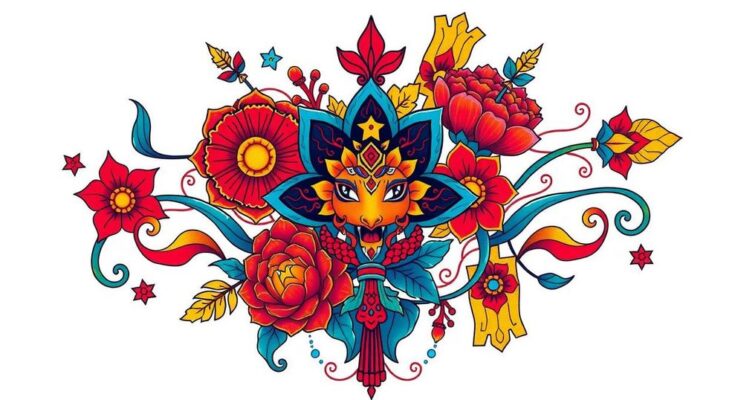Venezuelan immigrants, including Franco José Caraballo Tiapa and others, have faced deportation due to tattoos wrongly linked to the Tren de Aragua gang. Despite the lack of criminal history and expert views stating tattoos do not signify gang membership, U.S. officials are enforcing strict measures against these individuals, branding them as threats and terrorists.
The Department of Homeland Security issued a document labeling certain Venezuelan individuals as members of the notorious gang Tren de Aragua based solely on their tattoos, leading to their deportation. One such individual, Franco José Caraballo Tiapa, has several tattoos, including one of a rose and tributes to his daughter. His attorney maintains that there is no correlation between tattoos and gang affiliation in Venezuela.
The U.S. immigration authorities are using tattoos as evidence linking individuals to Tren de Aragua, despite opposition from experts. Last month, the U.S. designated this gang as a foreign terrorist organization, enabling the deportation of individuals deemed threats under the Alien Enemies Act.
Another deportee, Neri José Alvarado Borges, highlighted that his tattoos are tributes to family, and his sister argues that immigration officials wrongly associate tattoos with gang membership. Luis Carlos José Marcano Silva, similarly deported, faced accusations of gang affiliation at his immigration hearing, which his family attributes to his tattoos.
Francisco Javier García Casique and Anyelo Sarabia González were also deported under similar circumstances. Their tattoos reflect personal significance rather than gang connections. The White House has described these deportees as “heinous monsters,” yet has refrained from disclosing specific identities or alleged crimes related to these individuals.
The summary of events indicates a concerning trend where tattoos are unjustly used as evidence of gang affiliation, leading to the deportation of Venezuelan nationals amid an immigration crackdown. The inherent danger lies in the mischaracterization and stigmatization of individuals based on superficial markings, which do not accurately reflect their character or intentions.
Original Source: www.ndtv.com




